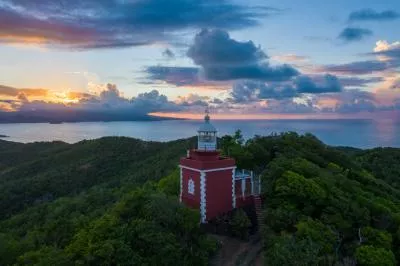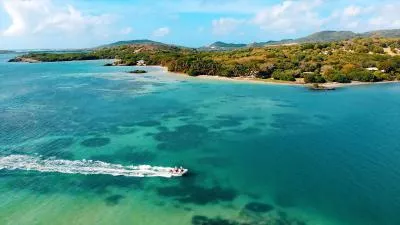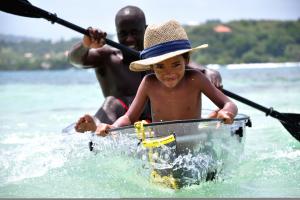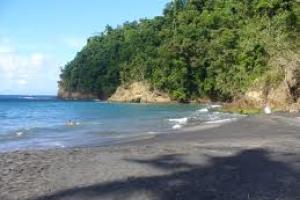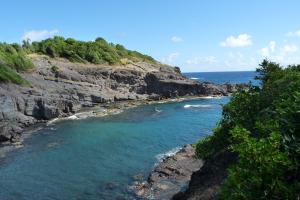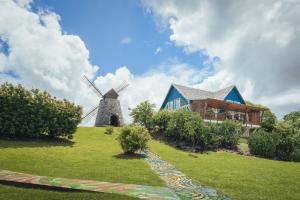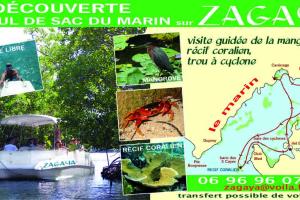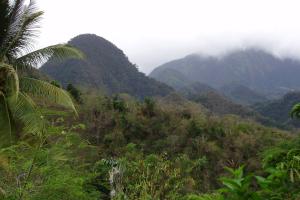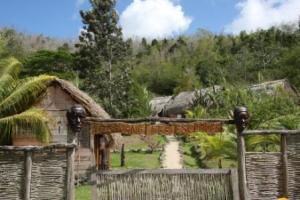
- Cruise
- Travel agency and TO
- Press
- MICE
- Blog
guide
Useful tips and advice
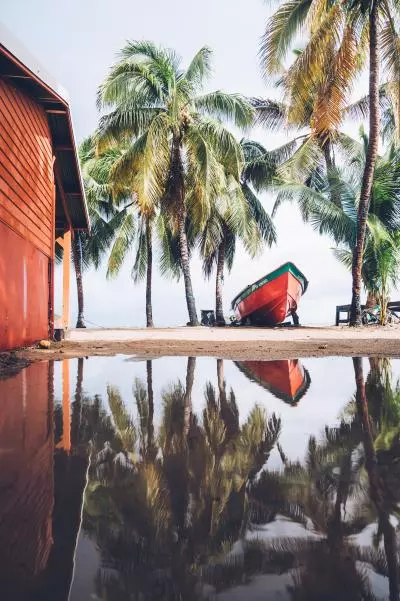
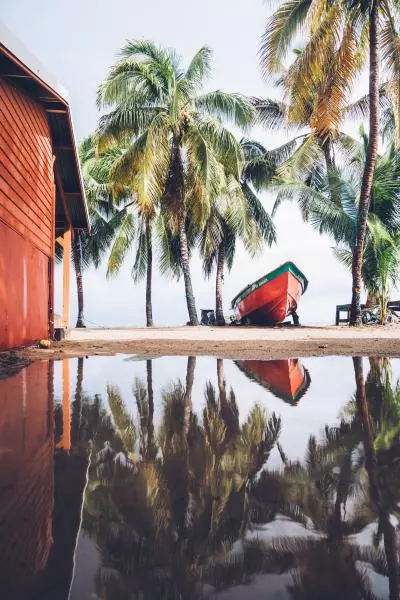
preparing for your trip
Here’s a practical guide to help you plan your stay in Martinique.
What you need to know
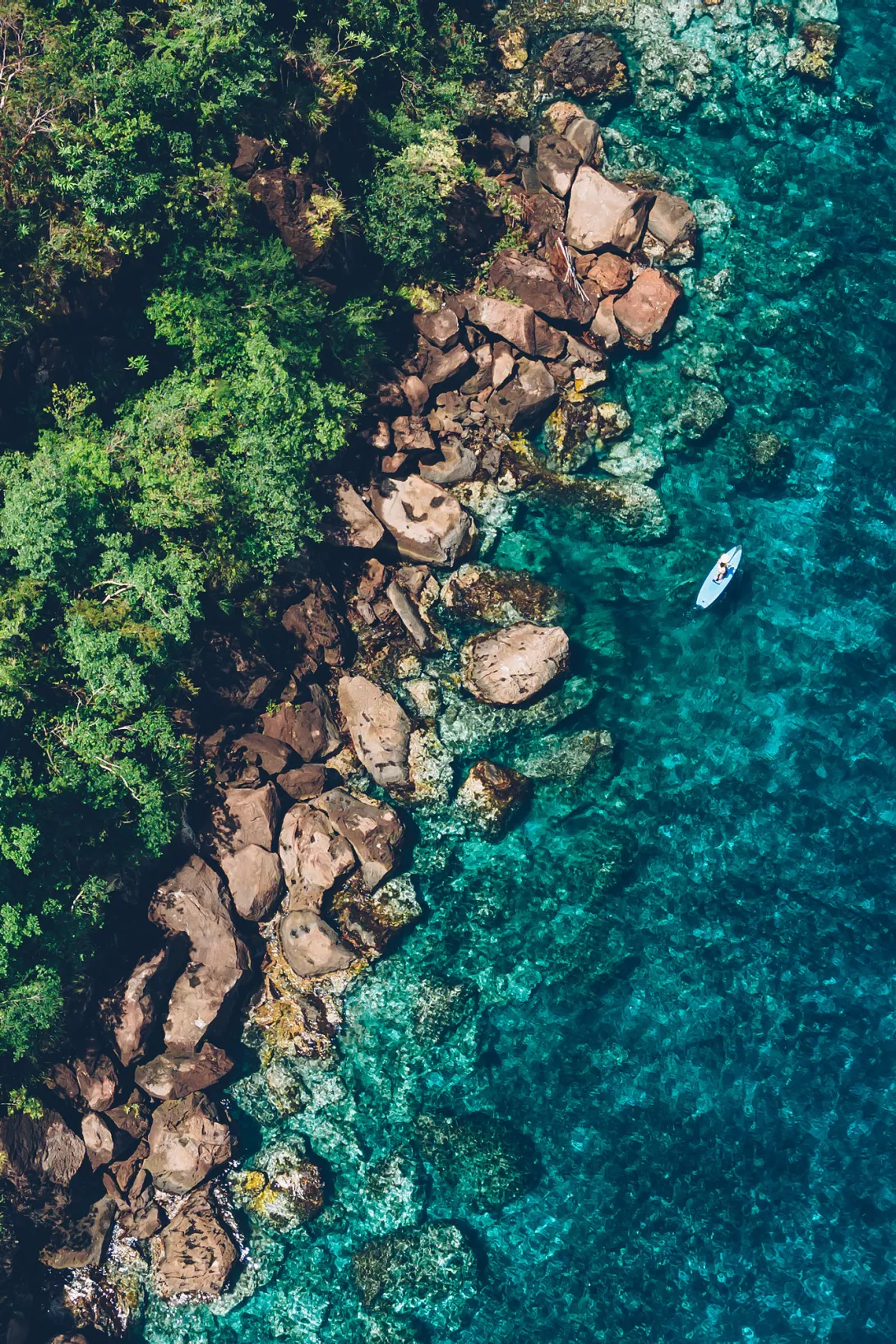
There are no compulsory vaccinations for entering Martinique. However, some are recommended if you live in a country at risk (hepatitis and yellow fever).
Health restrictions linked to COVID 19 were lifted on August 2022. No test or vaccination is therefore required to enter Martinique.
Martinique is a French department. European travelers should carry a valid European Health Insurance Card (EHIC) to ensure coverage for necessary healthcare treatment while on the island. Some expenses may not be covered and prices depend on the status of the doctor (contracted sector 1, 2 or 3).
The risks of theft or assault are very low in Martinique. Nevertheless, it is worth following some rules of common sense to avoid unpleasant surprises:
- Never leave belongings on view in vehicles,
- Avoid withdrawing large sums of money at ATMs,
- At beaches, theft is extremely rare. You can leave your belongings on the sand without fear, as long as your valuables are well out of sight and you keep an eye out from a distance.
The main risks concern the heat and the sun, mosquito bites, poisonous plants and unsupervised swimming in the sea.
Some useful tips to make the most of your stay:
- Protect yourself from the heat and the sun
- Stay hydrated during the day (drink at least 2 liters of water)
- Wear a hat and sunglasses
- Apply sunscreen regularly
- Do not lie directly on the hot sand – use your towel or sarong
- If you use mosquito repellent, wait at least 45 minutes between applying sunscreen and repellent.
- Avoid going out without protection at nightfall (when mosquitos are most active)
- Sleep under a mosquito net
- Use repellent products (ask for advice at the pharmacy, especially for children)
- Wear long clothing
- Don’t skimp on insecticide and insect repellent (sprays, mosquito coils, etc.).
In sum, remember to cover your head well and always take water and sunscreen with you. Always carry mosquito repellent with you to avoid unpleasant bites.
Following this advice will help you avoid minor hassles.
Travelling with children in Martinique is relatively easy. Most accommodation is equipped to welcome children and restaurants often offer a kid’s menu. Dont’ forget to protect little ones from mosquitoes and sunstroke.
Martinique has all the modern means of communications including Wi-Fi internet, telephone, fax, international and mobile phone network access.
The internet network is good and most hotels and restaurants, and the airport, provide Wi-Fi access.
Phone numbers in Martinique have 10 digits and start with +596 596 for landlines and +596 696 for mobiles.
Traveling to Martinique with your dog or cat is very easy.
You will need:
- Your pet’s passport: This will be issued to you by an vet authorized to issue a pet health certificate from the country of origin,
- Your pet's electronic chip used for identification. The chip number must also feature on your pet’s passport.
- Regarding health, the first obligation is the rabies vaccine. Once vaccinated, your pet will be able to board the plane.
- Your animal’s health certificate which certifies that your animal is fit to travel.
In Martinique, the currency is the Euro, just like in mainland France.
US dollars are accepted in some establishments as well as traveler’s checks and credit cards. Non-local checks may sometimes be refused.
In Martinique, the cost of living is higher than in mainland France and you should plan your budget accordingly. In low season (also known locally as ‘hivernage’), the cost of accommodation drops by 20% to 30%. Prices are at their highest over the Christmas break and during Carnival.
Martinique has a tropical climate. The temperature varies relatively little throughout the year and is generally around 28°C. The temperature is similar in the day and at night and night falls quickly and early (even in June, the sun sets at about 6.30 pm).
- Between June and November, the climate is hot and humid with heavy rainfall late in the day. This is wet season, or ‘hivernage’.
- From December to May, it is dry season or ‘carême’. The climate is drier and slightly hotter.
Martinique is therefore a destination you can visit in all seasons, but the months of December to May are preferable as temperatures are particularly pleasant at this time of year.
There is a five-hour time difference between France and Martinique in winter and six hours in summer. When it is noon in Paris, it is 6 a.m. in Fort de France.
In Martinique, French is the usual language and Creole the regional language.
Hospitals
- Centre Hospitalier Universitaire Pierre Zobda-Quitmann (main hospital)
Maison De La Femme, De La Mere Et De L'enfant (maternity hospital)
✉ : BP 632 - 97261 Fort De France
☎ : + 596 596 55 20 00
State-of-the-art equipment in all specialties.
The hospital is equipped with a decompression chamber.
- Centre Hospitalier General Louis Domergue, at Trinite
☎ : + 596 596 66 46 00
- Saint-Esprit Hospital
☎ : + 596 596 77 31 11
- Le Lamentin Hospital
☎ : + 596 596 57 11 11
- Le Carbet Hospital
☎ : + 596 596 78 02 20
- Lorrain-Basse-Pointe Hospital
- ☎ : + 596 596 53 27 27
Private clinics
- Clinique Saint Paul
✉ : Fort de France
☎ : + 596 596 39 40 00
- Clinique Sainte Marie
✉ : Schoelcher
☎ : + 596 596 71 22 22
Prefecture
✉ : 97200 Fort de France
☎ : + 596 596 39 36 00
Central Police
✉ : 3 Rue Victor Sévère 97200 Fort de France
☎ : + 596 596 59 40 00 or + 596 596 71 36 90
Emergencies
- Samu (round-the-clock emergency medical assistance)
☎: + 596 596 75 15 75 or dial 15
. - SOS médecins (24/7 general medical assistance)
☎: + 596 596 63 33 33
- Fire services
☎ : 18
- Police
☎: 17
- Costaguard rescue
☎ : + 596 596 70 92 92
Other useful travel advice
